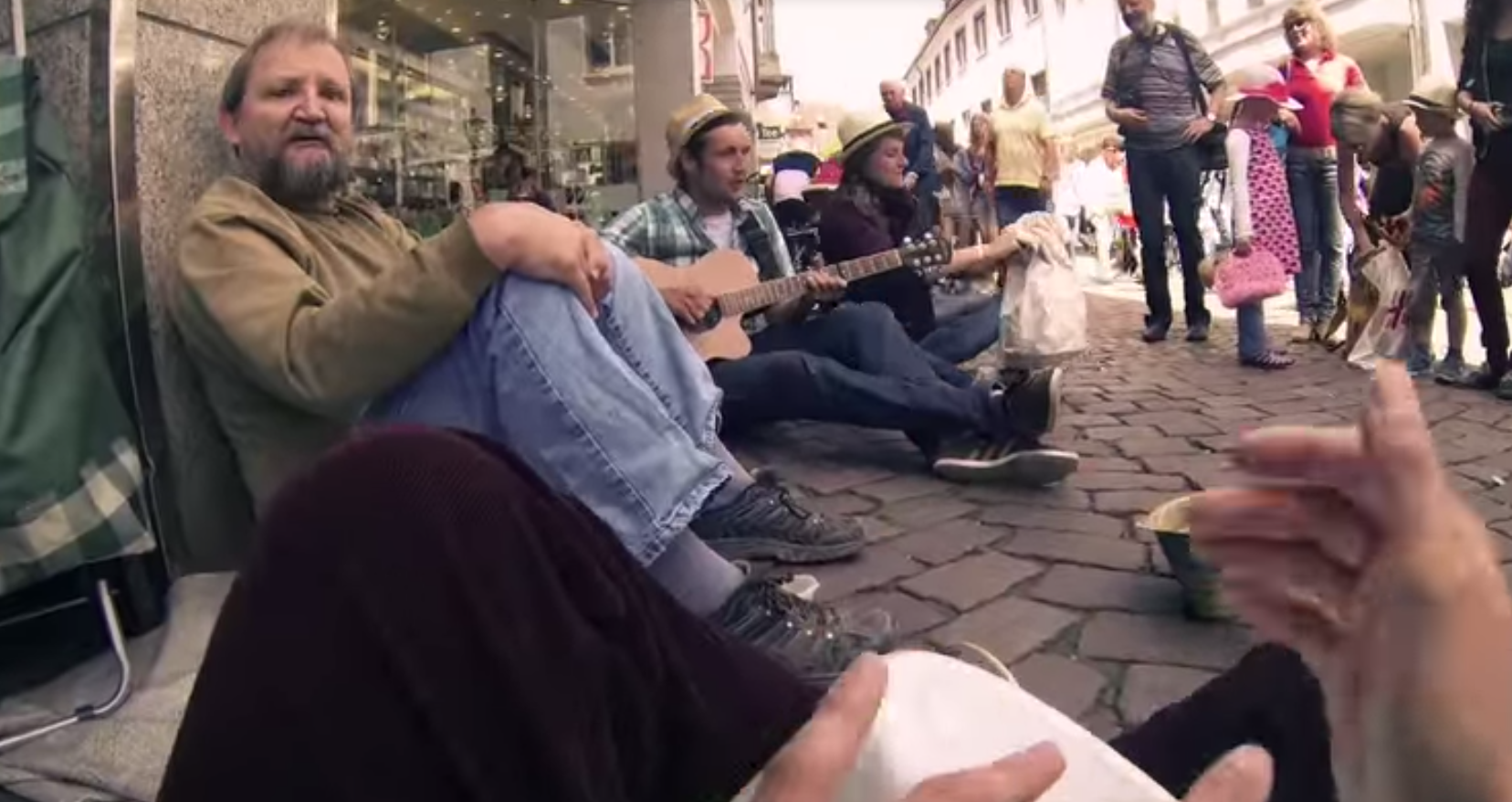A leading homelessness charity has warned vulnerable people in Aberdeenshire are more likely to face benefit sanctions than anywhere else in Scotland.
The revelation is contained in a new report from Crisis and Sheffield Hallam University which has uncovered a postcode lottery faced by claimants across the country.
Sanctions are most commonly used if people do not actively seek work, however, the manner in which benefits policy is enforced varies widely from area to area.
In Aberdeenshire 10% of claimants have faced sanctions, and the report notes benefits can be withheld for up to three years if “stringent” requirements are not met.
Crisis said the system was “kicking them when they were down”.
The charity’s chief executive, Jon Sparkes, said: “The government has assured us that benefit sanctions are only for those who refuse to play by the rules. But evidence is mounting of a punitive and deeply flawed regime.
“Sanctions are cruel and can leave people at severe risk of homelessness – cold, hungry and utterly destitute. At the same time, people who are already homeless can struggle to meet the conditions of the regime.
“Many are trying to rebuild their lives, and losing the support of benefits can be disastrous. This isn’t helping people into work. It’s kicking them when they’re down.”
Last night a spokesman for the Department of Work and Pensions said: “The report itself admits that elements are based on scant evidence making it difficult to draw firm conclusions.
“It fails to recognise that we have already changed the rules to give homeless people time to arrange accommodation before they have to look for work – changes which Crisis themselves have welcomed. It also fails to mention that the number of sanctions is falling.
“The truth is that every day Jobcentre Plus advisers are helping people into work, with a record number of people now in jobs. Sanctions are only used as a last resort for the tiny minority who refuse to take up the support which is on offer.”
After Aberdeenshire the highest areas for sanctions in Scotland were Clackmananshire with 9.7% and East Renfrewshire with 9.1%.
